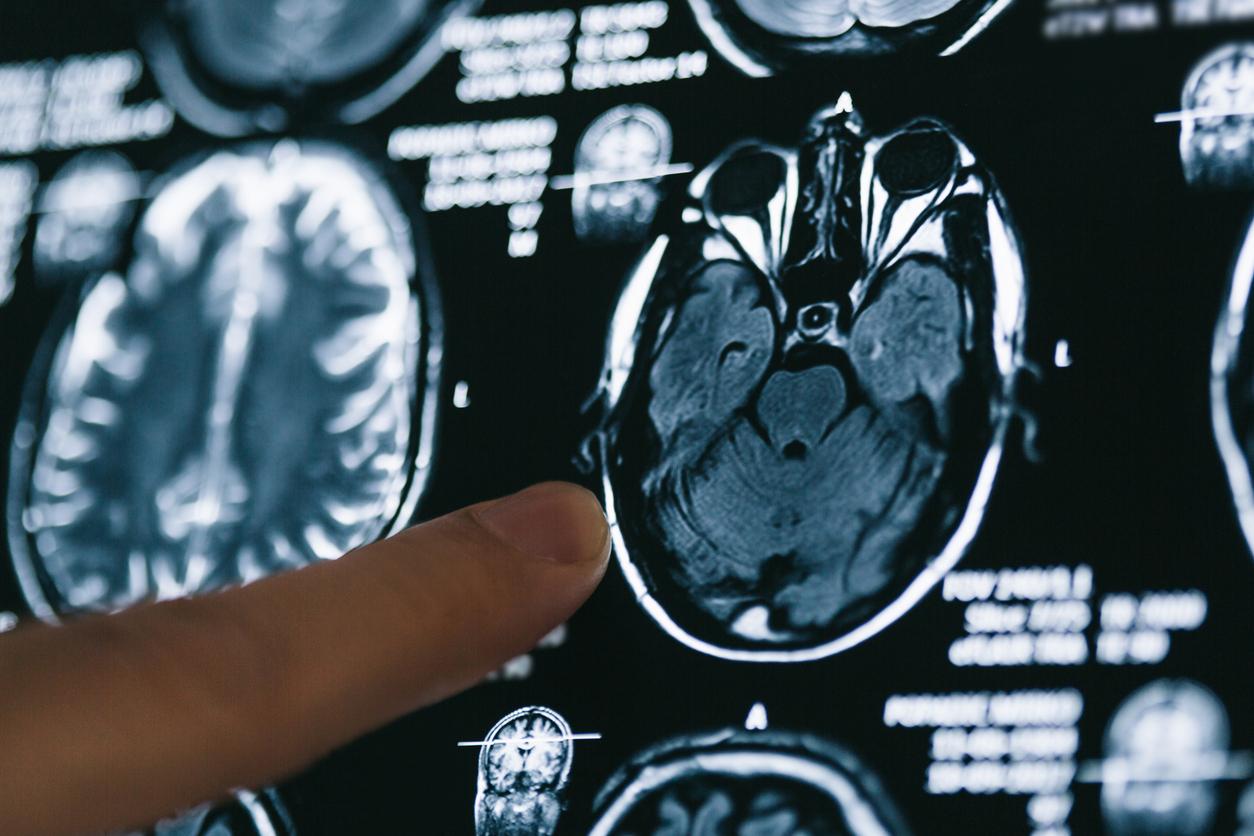Present in the dorsolateral prefrontal cortex, M1 muscarinic receptors may be essential in the treatment of neurocognitive disorders. This is revealed by a study conducted by researchers at Yale University.
-1585690145.jpg)
The so-called “working” memory designates a person’s short-term memory: it is this memory that makes it possible to retain and manipulate information for a few seconds or minutes, in order to perform a particular task. It can be altered, in particular by disorders such as schizophrenia and Alzheimer’s disease.
“Working memory is the basis of abstract reasoning and a primary feature of the human brain”writes Bill Hathaway, associate director of science and medicine at Yale University (USA), in a item published on the institution’s website.
Behind working memory, acetylcholine
How to maintain this type of memory? This is the question that interested researchers from yale universityin study published in the scientific journal Neuron.
“Working memory derives from neural circuits present in the prefrontal cortex, explains Min Wang, a neuroscientist at Yale, interviewed by Bill Hathaway. We have learned that these circuits have specific molecular maintenance requirements”. Made up of pyramidal neurons, these microcircuits make it possible to retain information through recurrent stimulation. An activity based on a neurotransmitter: acetylcholine.
The M1 receptor, “potential therapeutic target”
The researchers conducted their work on aged monkeys focusing on the role of M1 muscarinic receptors, present in the dorsolateral prefrontal cortex. Result: blocking this molecule reduces stimulation of pyramidal neurons, while activating it helps restore neuron activity.
“As the actions of acetylcholine at M1 receptors are diminished with schizophrenia and Alzheimer’s disease, the M1 receptor could serve as a potential therapeutic target”writes Bill Hathaway.
A promising treatment for schizophrenia
In other words, this molecule could help neurons retain information in working memory and thus lead to potential treatments for neurocognitive disorders.
According to Min Wang, a drug stimulating M1 muscarinic receptors is already being developed for the treatment of schizophrenia. It showed promise in early clinical trials.
.















